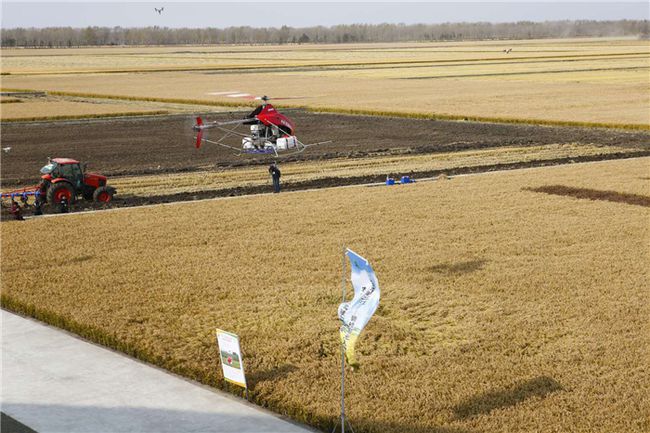Crop protection drones are ushering in a new era of sustainable agriculture. With their precision, efficiency, and reduced environmental impact, these unmanned aerial vehicles (UAVs) are changing the way farmers protect their crops from pests and diseases. In this article, we will explore how crop protection drones are contributing to sustainability in agriculture.
Key Features of Crop Protection Drones:
-
Precision Application: Crop protection drones can deliver pesticides, herbicides, and beneficial organisms with unparalleled accuracy, reducing chemical waste and collateral damage.
-
Aerial Surveillance: Equipped with cameras and sensors, drones can monitor crop health, identify pest infestations, and detect disease outbreaks from the air, allowing for early intervention.
-
Quick Response: Drones can be deployed rapidly to address emerging pest threats, minimizing crop damage and yield loss.
-
Efficiency: Drones can cover large areas of farmland quickly, making them an efficient tool for pest control, especially in expansive fields or remote locations.
Benefits of Crop Protection Drones for Sustainability:
-
Reduced Chemical Usage: Precision application minimizes the need for excessive chemical inputs, leading to cost savings and a reduced environmental footprint.
-
Enhanced Crop Health: Timely pest control and disease management help maintain crop health and maximize yields.
-
Lower Environmental Impact: Reduced chemical runoff and minimized environmental harm contribute to sustainable farming practices.
-
Resource Efficiency: Drones optimize resource use by targeting problem areas, conserving water and energy.
Challenges and Considerations:
-
Regulatory Compliance: Compliance with regulations governing the use of crop protection drones is essential, including licensing and flight restrictions.
-
Cost: The initial investment in drones and associated technology can be a barrier for some farmers, particularly small-scale operators.
-
Data Management: Efficient storage, analysis, and interpretation of the data collected by drones are crucial for making informed decisions.
In conclusion, crop protection drones are a powerful tool for promoting sustainability in agriculture. Their precision, efficiency, and reduced environmental impact align with the goals of modern farming practices. As technology continues to advance and becomes more accessible, crop protection drones are poised to play a vital role in achieving a more sustainable agricultural future.


没有reply内容